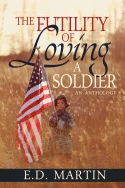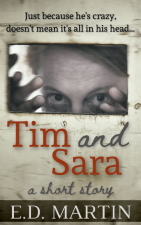A buzz word in the writing community right now is filter words. The dreaded, ever-present filter words. Don’t use them, everyone says. Like adverbs, they’re not inherently bad. But also like adverbs, there’s a time and place for them.
So, what are filter words?
Filter words are words that filter what the character is experiencing, removing the reader from the scene. They include see, hear, think, feel, notice, think, smell, etc.
For example: “They saw the boy run down the street.” “He felt sad.” “She thought he looked tired.”
This gets into telling, not showing. The narrator is telling us that something is happening, rather than letting us experience it and draw our own conclusions. By throwing in too many filter words, the author throws up barriers that prevent the reader from empathizing with the character, rather than just sympathizing (the difference being, empathy=I feel your pain; sympathy=I feel sorry for your pain).
Additionally, assuming the writer is using limited POV (POV of just one character), it goes without saying that they saw something. That he felt the sadness. That she thought something. Removing filter words can tighten up your writing by removing redundancies.
Better sentences would be: “The boy ran down the street.” “Tears welled up in his eyes. Old Yeller was never coming back.” “He yawned and rubbed at the dark circles under his eyes.”
While it may change the meaning slightly, it brings the reader closer. And while you can argue that it’s just a trend, don’t all authors want to move their readers to feel what the characters are feeling? Removing filter words can do this.





